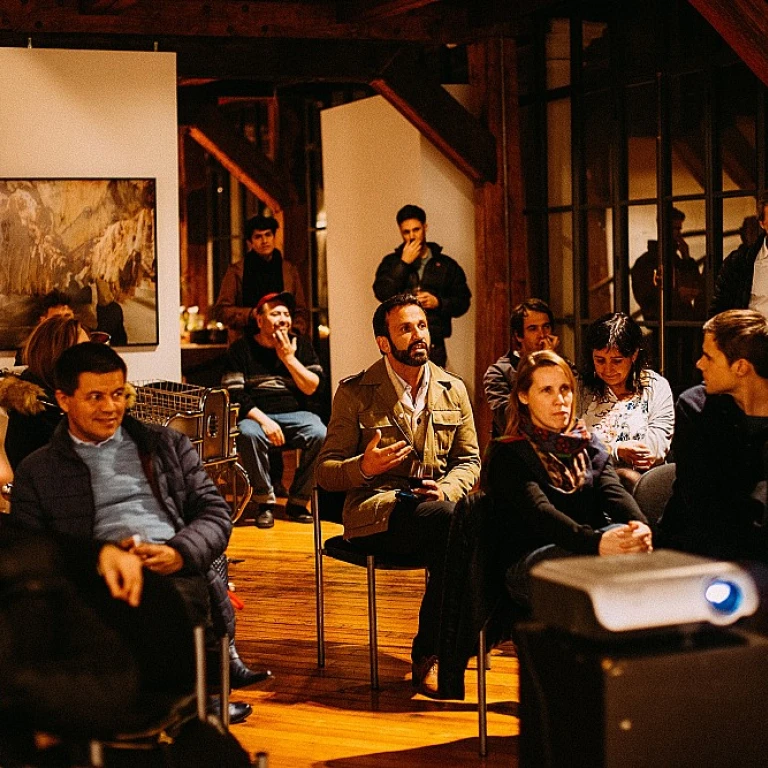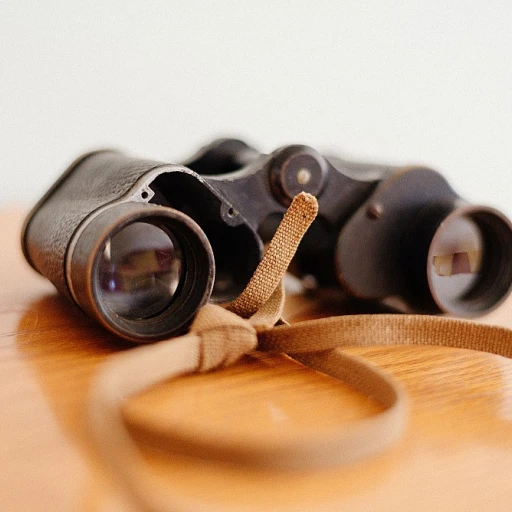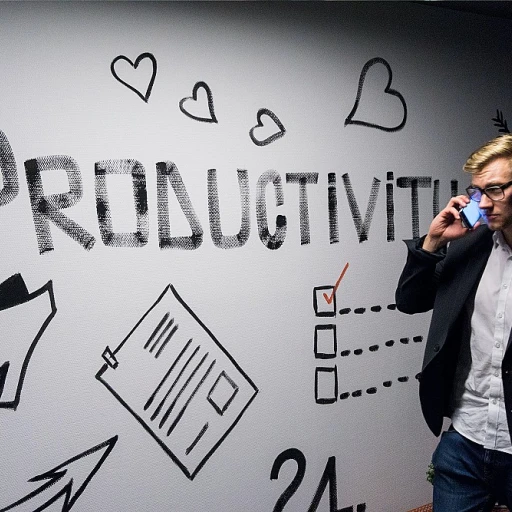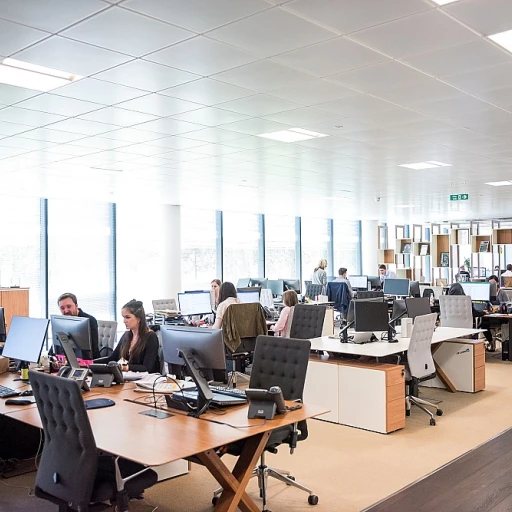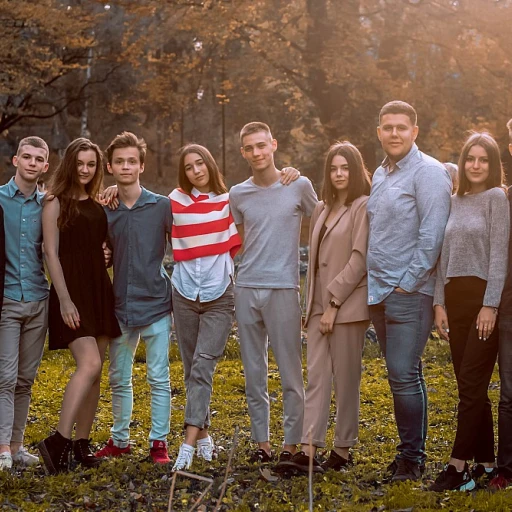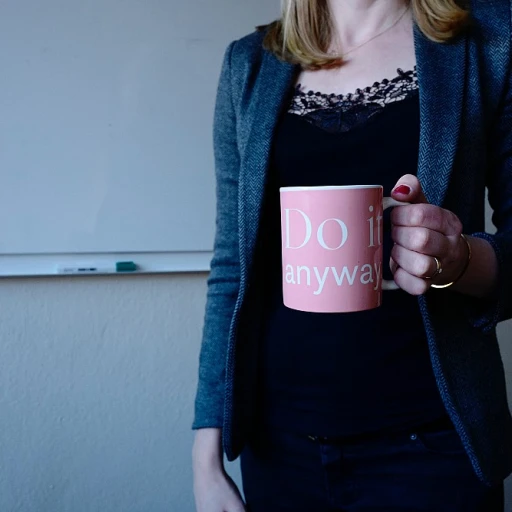
Understanding the Importance of Casual Questions
The Value of Casual Questions in Interviews
Understanding the crucial role that informal questions play in a job interview setting can greatly enhance the hiring process. Using informal interview techniques, like posing casual queries, you create a warmer atmosphere where job candidates can express themselves more openly. This relaxed environment encourages them to share their true thoughts and feelings, which in turn can provide deeper insights into their potential fit within the company culture. When candidates feel at ease, they are more likely to showcase their true abilities and career goals, helping recruiters and hiring managers identify individuals who are genuinely aligned with the company's long-term vision. Engaging in this manner allows the interviewer to move beyond standard questions and into more meaningful territory. Casual questions will not only make the interview more enjoyable, both for you and your candidate, but they will also aid in understanding the personal attributes and skills that align with the role and team dynamics. This approach can significantly enhance diversity and inclusion in candidate meetings as it allows each individual to bring their unique perspectives and problem-solving skills to the fore. By integrating these elements, you'll find your interviews are more comprehensive and effective, guiding your decision-making process through more holistic evaluations. For further insights on fostering an inclusive interview environment, explore our article that delves into enhancing diversity and inclusion in candidate meetings.Crafting the Right Questions
Creating a Relaxed yet Insightful Atmosphere
When preparing for a job interview, crafting the right casual questions is essential for fostering a comfortable environment while gaining valuable insights into a candidate's fit with the company culture. Such questions should strike a balance between assessing professional skills and understanding the individual's personal characteristics.- Role-Specific Inquiry: Tailor questions to align with the specific role, keeping in mind the job description. Asking questions that pertain directly to the role can help ensure the candidate's skills and interests match the team's needs.
- Align with Company Culture: Understanding how a candidate might fit into the company is crucial. Questions that tap into a candidate's career goals or preferred work environment can shed light on their potential long-term integration within the team. For perspectives on balancing individualism and teamwork in interviews, exploring resources on balancing individualism and teamwork culture can be beneficial.
- Address Informal Interviews: Engage the candidate in a casual interview by incorporating inquiries about their problem-solving approaches or experiences in informal team settings. This can give insight into their adaptability and creativity.
Examples of Casual Interview Questions
Illustrative Informal Interview Questions
Incorporating casual interview questions into your hiring process can be an effective way to create a comfortable atmosphere for both the interviewer and the job candidate. By maintaining an informal tone, these questions can help reveal the candidate's authentic self, which is valuable for understanding their true potential and fit within the company culture. Here are some examples of informal interview questions that can add depth to your interviews without compromising the professionalism of the process:- Tell me about a time when you faced an unexpected challenge at work and how you handled it. This type of question encourages candidates to share their problem-solving skills and flexibility, crucial for any role.
- What's a small, non-work-related victory that you're proud of recently? This question will help you gauge a candidate’s personality and what they find rewarding outside of their career goals.
- Describe your ideal team environment. Candidates' answers can provide insight into whether they will fit into the company’s team culture.
- What do you like to do when you're not working? This is a good question to understand a candidate’s interests and how they may relate to the job role or contribute to the overall company atmosphere.
- If you could learn any new skill, unrelated to your current job, what would it be and why? Such questions reveal curiosity and the willingness to grow, which are great indicators for long-term potential.
Balancing Formality and Informality
Finding the Right Equilibrium Between Formal and Informal
When conducting interviews, especially for different roles within your company, striking the right balance between formality and informality is crucial. While informal interviews create an environment where candidates feel more at ease, it's vital not to shift too far along the spectrum, as the core objectives of assessing skills, fit for the role, and understanding the candidate's potential contributions to the team must remain. To cultivate an interview atmosphere that feels relaxed yet purposeful:- Begin with Casual Icebreakers: A good practice is starting with a few light-hearted questions that allow candidates to ease into the process. This will help lower their anxiety and encourage more natural responses as the interview progresses.
- Transition to Formality in Sections: Once the candidate is more comfortable, you can delve into more formal, role-specific interview questions. These might include evaluating their problem-solving capabilities or how their career goals align with the company's long-term objectives.
- Integrate Company Culture Discussions: Informal interviews present a great chance to discuss the company's values and how candidates perceive their fit within the company culture. These discussions should be relaxed, allowing both parties to openly discuss their expectations and thoughts on the work environment.
- Adapt Based on Responses: Pay close attention to how candidates respond to both formal and informal questions. Responses not only give insight into their qualifications but also into their interpersonal skills and how well they might adapt to the team's dynamics.
Adapting Questions for Different Roles
Tailoring Questions for Specific Roles
When conducting interviews, it's crucial to adapt your questions to fit the specific role you're hiring for. This approach not only helps in assessing the candidate's suitability but also aligns with the company culture and the team's dynamics. Different roles require different skills, and your questions should reflect that.
For instance, if you're interviewing for an entry-level position, you might focus on questions that gauge the candidate's enthusiasm and willingness to learn. On the other hand, for a managerial role, you might want to ask about their leadership style and problem-solving skills. Tailoring your questions in this way ensures that you get the most relevant answers that will help in making informed hiring decisions.
Understanding the Role's Requirements
Before crafting your questions, it's essential to have a clear understanding of the job description and the skills required for the role. This understanding will guide you in formulating questions that are both relevant and insightful. For example, if the role requires strong teamwork skills, you might ask about the candidate's experience in collaborative projects and how they handle team conflicts.
Balancing Informality with Professionalism
While it's important to maintain a relaxed atmosphere during the interview, it's equally crucial to ensure that the questions remain professional and relevant to the job. Informal interviews can be a great way to assess a candidate's fit within the company culture, but they should not compromise the integrity of the hiring process. Striking the right balance between formality and informality will help in creating a comfortable environment where candidates feel at ease to share their true selves.
By adapting your questions to suit different roles, you not only enhance the quality of your interviews but also increase the likelihood of finding the right candidate for the job. This approach will help in building a strong team that aligns with the company's long-term goals.

